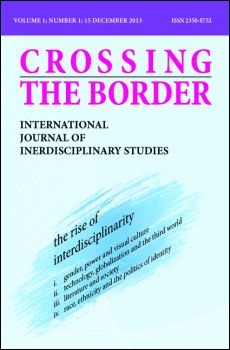Trauma and Remembering in Earnest Hemingway's A Farewell to Arms
DOI:
https://doi.org/10.3126/ctbijis.v1i1.10469Keywords:
Trauma, holocaust, catastrophe, nightmare, massacreAbstract
Human beings have been coming across different kinds of traumatic experiences since the very beginning of the human civilization. Such experiences have become one of the issues, which can be discussed and interpreted while reading the literary texts. For example, Ernest Hemingway has produced fictional works that reveal the horrible war experiences and whose characters participate in the war, endure fatal events, and get badly victimized, having traumatic experiences. A Farewell to Arms written in 1929, one of his literary masterpieces, brings out those experiences which the main character Henry endures and is badly traumatized by the horrible consequences. The activities that he involves either in the World War I, as an ambulance driver or has a love affair with a British nurse Catherine, are all related to his traumatic experiences. As a traumatic hero of the novel, he would not have anything except remembering those horrible memories that he probably wants to forget, but as much as he tries to forget them, he remembers a lot.
DOI: http://dx.doi.org/10.3126/ctbijis.v1i1.10469
Crossing the Border: International Journal of Interdisciplinary Studies Vol.1(1) 2013; 59-64

